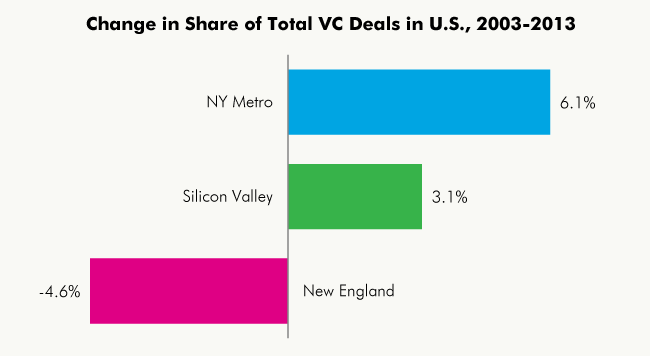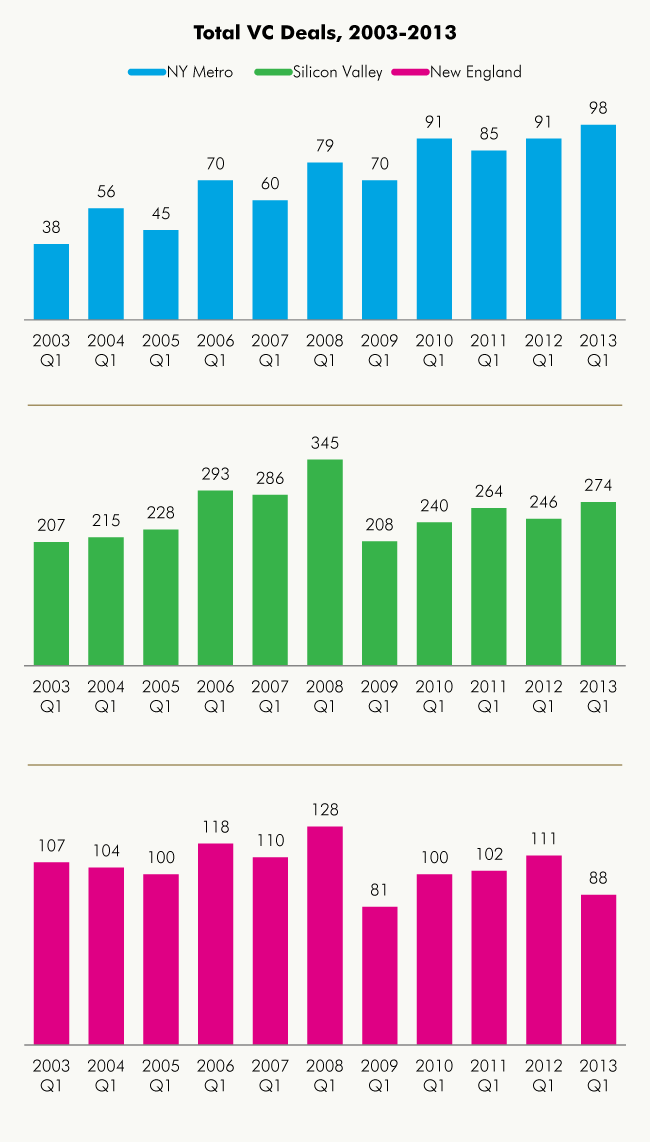The city has spent $125 million on the Common Core, including teacher training sessions and the establishing of Common Core leaders who can teach and evaluate new practices. It also expects to spend more than $50 million on new Common Core-aligned textbooks.
Statistically speaking, city officials said, people should not worry too much about falling marks because everyone is taking the same new tests. Schools, students and teachers will be judged against one another.
At Public School 10 on the edge of Park Slope, Brooklyn, parents begged the principal to postpone the lower school science fair, insisting it was going to add too much pressure while they were preparing their children for the coming state tests.
They have been redesigned and are tougher. And they are likely to cover at least some material that has yet to make its way into the curriculum.
But the standards are so new that many New York schools have yet to fully adopt new curriculums — including reading material, lesson plans and exercises — to match. And the textbook industry has not completely caught up either. State and city officials have urged teachers over the last year to begin working in some elements of new curriculums, and have offered lesson plans and tutorials
on official Web sites. But they acknowledge that scores will most likely fall from last year’s levels.
To cope, schools like Public School 3 in the West Village and Middle School 51 in Park Slope have begun intensive weekend and after-school prep classes, where students are briefed on how to perform math equations that might appear on the tests, in some cases using material they have not previously been taught. At other schools, they are plowing through practice booklets, dissecting Victorian-era poems, Japanese folk tales, and in some cases, instructional manuals at levels that teachers and parents say the students have not encountered.







